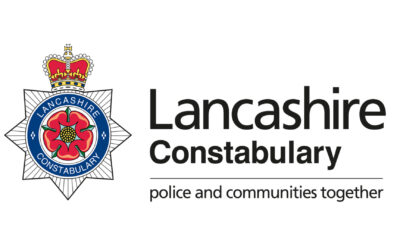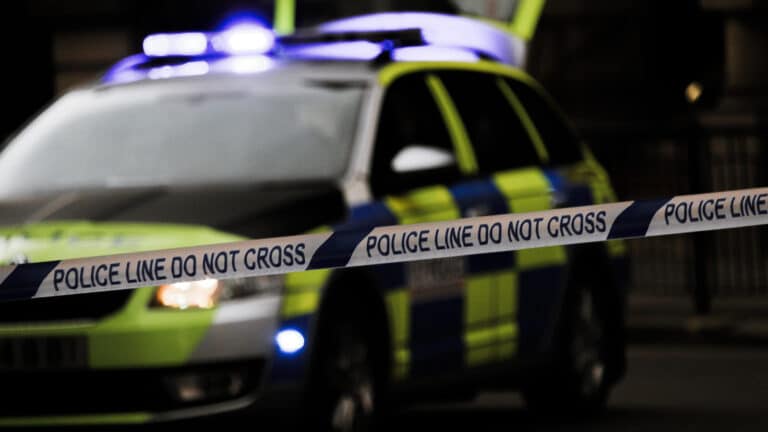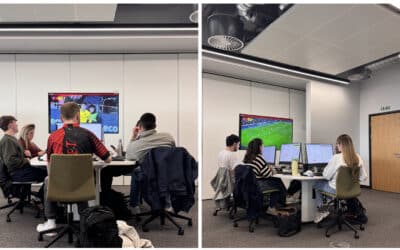The crime and security editor of the Daily Mail has told the Police Superintendents’ Association that the best way to improve trust in their forces is to be more open with journalists.
Speaking at the association’s conference last week, Rebecca Camber told English and Welsh police leaders that the “circus of conspiracy theories” surrounding the Nicola Bulley case could have been avoided if officers had briefed reporters about the case more thoroughly off-record.
She also warned that in future, similar unchecked speculation could see social media sleuths again meddling with crime scenes or confronting bereaved families.
Camber, who is chair of the Crime Reporters’ Association and has specialised in crime reporting since 2010, said “a successful working relationship between the police service and the media is vital” to trust. ITV and Sky News were both censured over family intrusion by Ofcom during the Bulley case.
Citing the recent capture of prison escapee Daniel Khalife, she said that “media reporting not only helps solve crimes, but it also helps bring offenders to justice and keep communities safe”.
She added: “The last year has seen a succession of scandals, prosecutions and misconduct cases… and left the police feeling that we are on opposing sides, pitted against each other. And somehow along the way, we have got the blame.”
Camber argued that this was a problem for police as much as journalists. She said that after Bulley’s disappearance in January, a journalist at the first press conference had asked whether Bulley had been ill or taking any medications that might have informed the police’s inquiries – which the police denied.
“That patently wasn’t true,” Camber said. “And the decision to withhold that information created a circus of conspiracy theories, a whirlwind of speculation which attracted so-called Tiktok detectives, psychics, [and] social media sleuths.
“And suddenly those people were sitting in press conferences beside journalists because no one bothered to check their credentials.”
Lancashire Police issued two dispersal orders in February allowing them to move along anyone at the scene of Bulley’s disappearance taking pictures or video for social media.
Camber argued that rather than making Bulley’s medical details public, if officers had “told reporters at the start that there were welfare concerns in a clearly defined, non-reportable briefing, her disappearance would have been reported differently and details of her personal problems might have never come out.”
She added there had been “not one” case of a journalist reporting the details of a non-reportable briefing in her decade at the Crime Reporters Association.
“If you don’t trust us, get journalists present to sign legal waivers in the same way you would if it was a pre-trial briefing. I assure you, if you take journalists in your confidence, there are real benefits for policing.”













